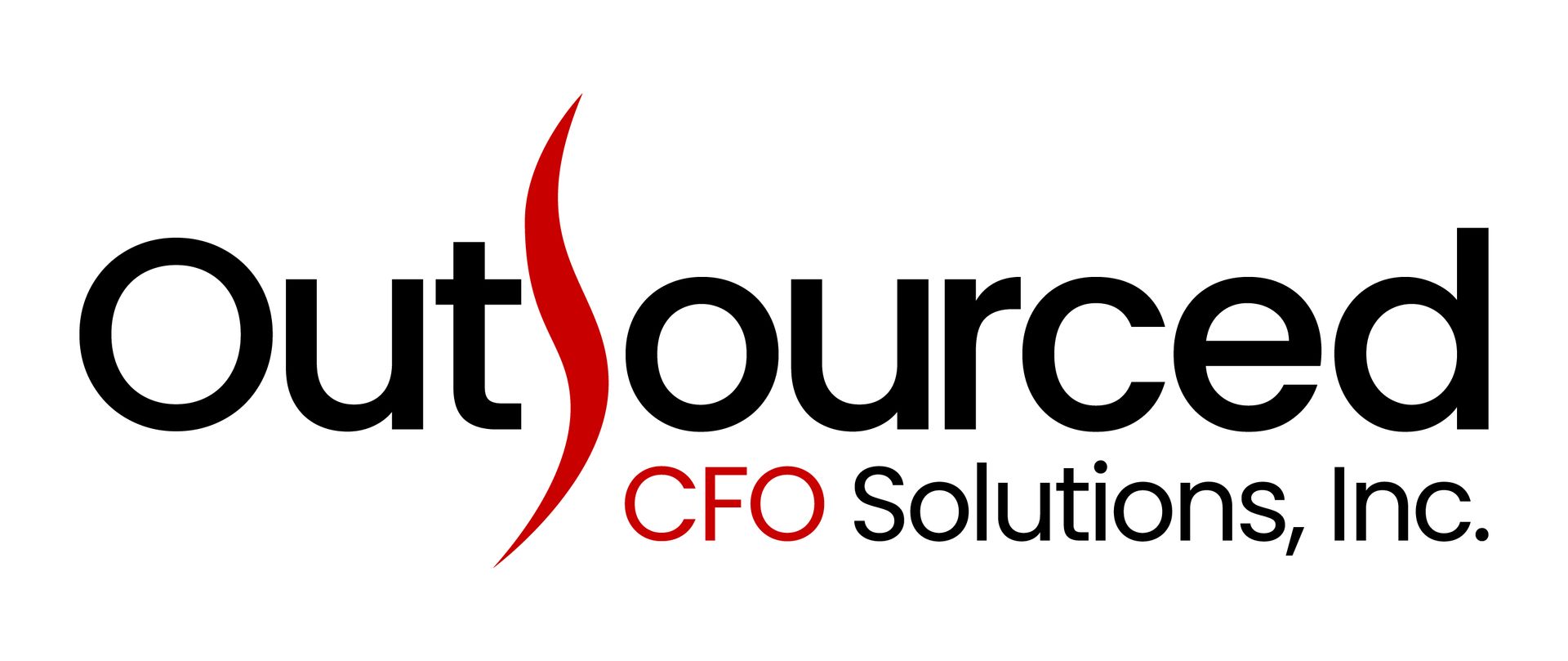BUSINESS ASSURANCE
Solutions from Outsourced CFO Solutions
Protect Your Business and Your Personal Assets
Maintaining business compliance and records compliance is crucial to protect your business and personal assets in legal situations. Inaccurate or non-compliant business records can leave your business vulnerable to audits and lawsuits, potentially exposing both the business and individual owners to risks.
Non-compliant business records can also have state-level consequences. The state may classify your business as not being in "good standing," leading to penalties such as late fees and interest payments on outstanding statements and tax fees. Being out of good standing can even result in administrative dissolution, causing your business to lose the benefits of its corporate or LLC status.
To safeguard your business, ensure accurate and up-to-date business records, and consider seeking professional assistance to remain compliant. By prioritizing compliance, you can mitigate legal risks, maintain your business's good standing, and protect your personal assets.
In addition to the legal and financial risks associated with non-compliant business records, maintaining accurate and compliant records also brings operational benefits. Well-organized and up-to-date business records provide a clear snapshot of your business's financial health, facilitating effective decision-making, budgeting, and financial planning. Accurate records also make tax filing and financial reporting processes smoother, reducing the likelihood of errors and potential penalties. By prioritizing business compliance and records compliance, you not only protect your business and personal assets but also create a solid foundation for long-term success and growth.
Outsourced CFO Solutions, Inc. Will Solve Your Business Compliance Problems
Outsourced CFO Solutions Will Help You...
Understand Which Records to Keep & For How Long
Review Business Recordkeeping Systems and Efficiencies
"Audit Proof" Your Records
Separate Business and Personal Records
Understand Cloud Storage & Mobile App Use
Develop a Business Expense Reimbursement Plan
Defining Records Management & Business Assurance
Records management (RM), also known as records and information management or RIM, is the practice of managing the records of an organization throughout their life cycle, from the time they are created to their eventual disposal. This includes identifying, classifying, storing, securing, retrieving, tracking and destroying or permanently preserving records.
The Practice of Records Management May Involve:
Planning the Information Requirements of the Organization
Creating and Enforcing Records Policies
Developing a Records Storage Plan
Coordinating Access to Records & Records Security
Executing a Records Retention Policy



